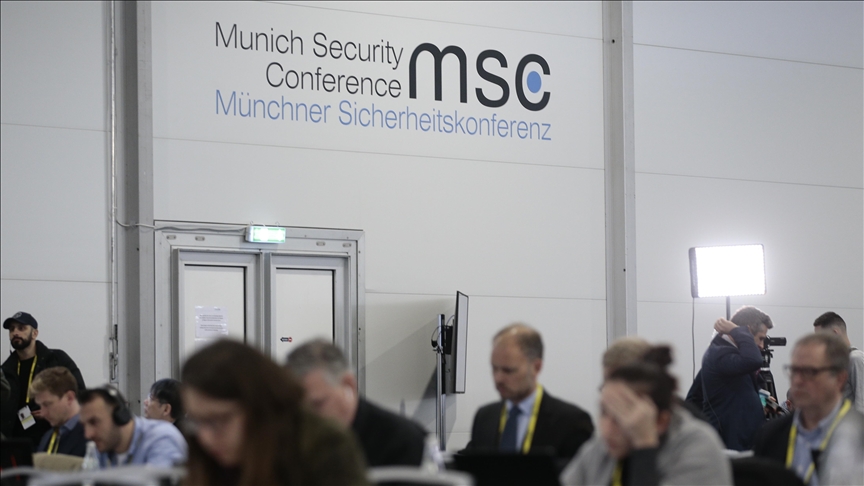How much can an election reveal the deeper issues dividing a country? Certainly, the 2008 US elections are putting out so much about the vices and virtues of American society that a close examination of certain trends and discourses over the last three months can save you years of arduous study at a serious academic institution.
This year's election is about everything: race, class, economy, foreign policy, energy, financial crisis, leadership, social mobilization, character assassination, underground networking, smear campaigns and multiculturalism. And the list goes on. While the politicians resort to all kinds of tricks to win the election (at the end of the day, even Plato would have liked to win the election!), the larger picture of an election-time nation reveals much more about that nation's hopes and fears, passions and aspirations, strengths and weaknesses.
Remember last year's elections in Turkey? What was it about? What were the issues? What were the promises? Virtually none of this is remembered now. What is remembered is the extent to which Turkish society is divided on issues, from the Kurdish problem to the European Union, from transparency to the role of religion in the Turkish public sphere. While politicians change positions on issues, the hardened positions of ordinary people remain. Radical polarizations find their way into table talks, streets and cafes, leaving a deep impact on the way people think about such thorny issues as the Kurdish problem, the new constitution, the headscarf ban, religious schools, full democracy and so on.
Now, this is what is happening in America, too. While we see some of the best aspects of American politics, we also are witnessing the worst. The Republican underground networks keep pounding Barack Obama for being a secret or former Muslim and writing and repeating loudly his middle name HUSSEIN in big letters. John McCain's running mate, Sarah Palin, accuses Obama of "palling around with home-grown American terrorists." Obama is portrayed as a security liability for America. His patriotism is questioned in the most cynical way. His skin color is not attacked, but everything else is done to depict him as a threat and danger for the future of his country. The allegation that Obama is a Muslim is touted as the best way to discredit him. McCain supporters do not realize or don't care that this line of reasoning is offensive to Muslims living in the US. Assuming Obama was a Muslim, why would that be a wrong thing in and of itself?
This is really worrying and reveals the limits of multiculturalism, at least for certain segments of American society. This disturbing reality was captured in a striking statement by former Secretary of State Colin Powell when he announced his endorsement of Obama last week. Powell's endorsement is a big boost for the Obama campaign. But the reason why Powell said he would vote for Obama is even more important and gives us some hope. Here is what Powell said:
"I'm also troubled by, not what Senator McCain says, but what members of the party say. And it is permitted to be said such things as, "Well, you know that Mr. Obama is a Muslim." Well, the correct answer is, he is not a Muslim, he's a Christian. He's always been a Christian. But the really right answer is, what if he is? Is there something wrong with being a Muslim in this country? The answer's no, that's not America. Is there something wrong with some seven-year-old Muslim-American kid believing that he or she could be president? Yet, I have heard senior members of my own party drop the suggestion, "He's a Muslim and he might be associated with terrorists." This is not the way we should be doing it in America."
Powell went on to explain why he had his moment of "enough is enough":
"I feel strongly about this particular point because of a picture I saw in a magazine. It was a photo essay about troops who are serving in Iraq and Afghanistan. And one picture at the tail end of this photo essay was of a mother in Arlington Cemetery, and she had








